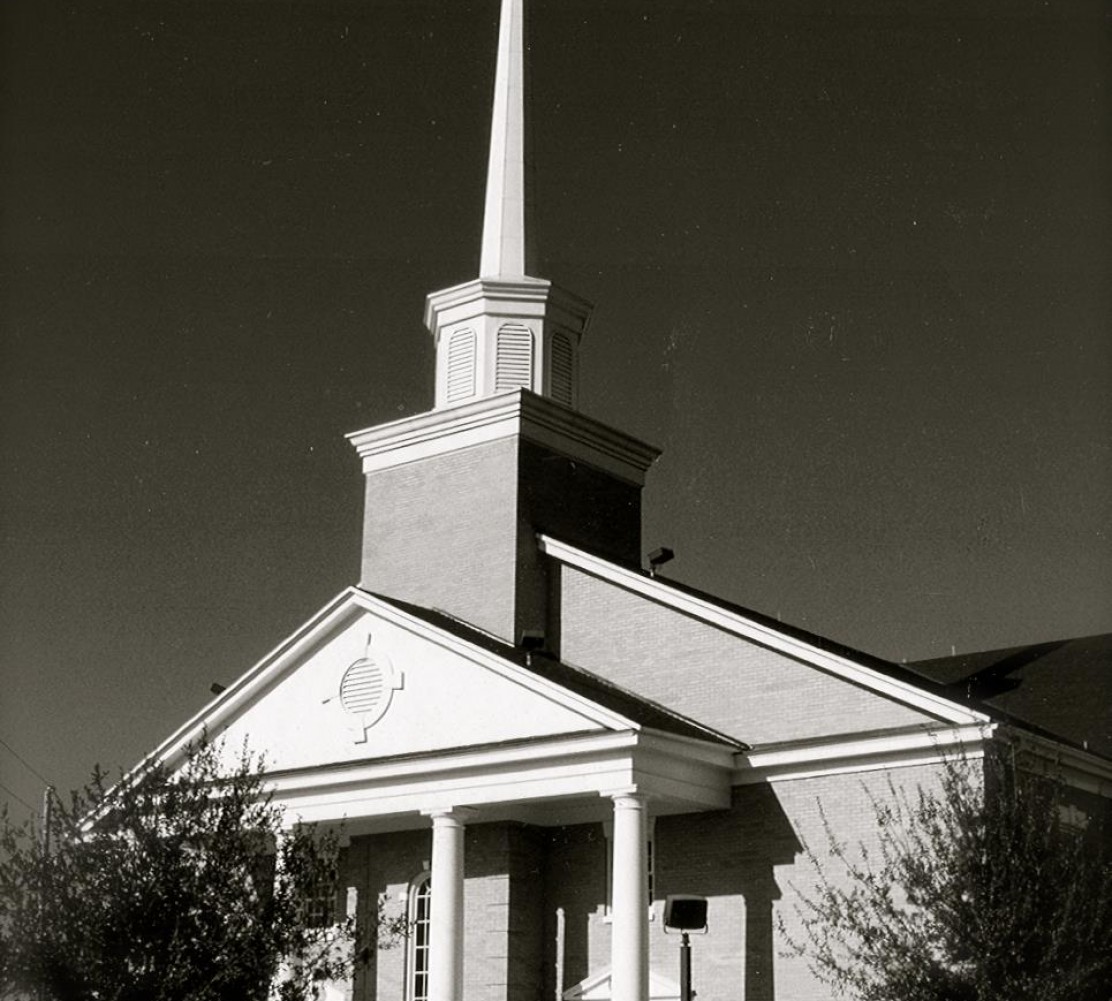Dr. Hershael York, professor at Southern Seminary and senior pastor at Buck Run Baptist Church, was my preaching professor and a member of my dissertation committee. God has greatly blessed me with his preaching instruction, pastoral counsel, and friendship. I highly recommend his book on preaching.
Yesterday, Dr. York shared this excellent personal story on Facebook that is not only good counsel for those in Christian ministry, but also a great illustration for the kind of Shepherd Jesus is to His people. Dr. York connected the story to John 10:1-18. He writes,
On one of my trips to Israel I once saw a man behind a flock of sheep, driving them down the road by holding out two long sticks, one on either side, in an attempt to force them to stay together in front of him. Puzzled that I had never seen a shepherd lead his sheep like that, I asked my guide, Zvi, “Why is that shepherd driving his sheep that way? I’ve never seen that before.” “Oh,” he answered. “That’s not a shepherd. That’s a butcher. He has bought those sheep and now he has to drive them to the slaughterhouse. They won’t follow him, because they don’t know him. He can’t lead them, so he has to drive them.”
Shepherds lead from the front. Butchers drive from behind.
This story could illustrate sermons from many passages in addition to John 10, including words to pastors like Ephesians 4 and 1 Peter 5 (especially verses 1-4). It also would fit well with passages that speak of Jesus as the Good Shepherd: Psalm 23, Matthew 2 (verse 6), Matthew 9 (verse 36), Paul’s words to the Ephesians elders in Acts 20, the benediction of Hebrews 13, 1 Peter 2 (verse 25), and Revelation 7 (verse 17).
Tags: Jesus, Good Shepherd, Shepherd, Sheep, Psalm 23, Matthew 2, Matthew 9, Mark 6, John 10, Acts 20, Ephesians 4, Hebrews 13, 1 Peter 2, 1 Peter 5, and Revelation 7.
